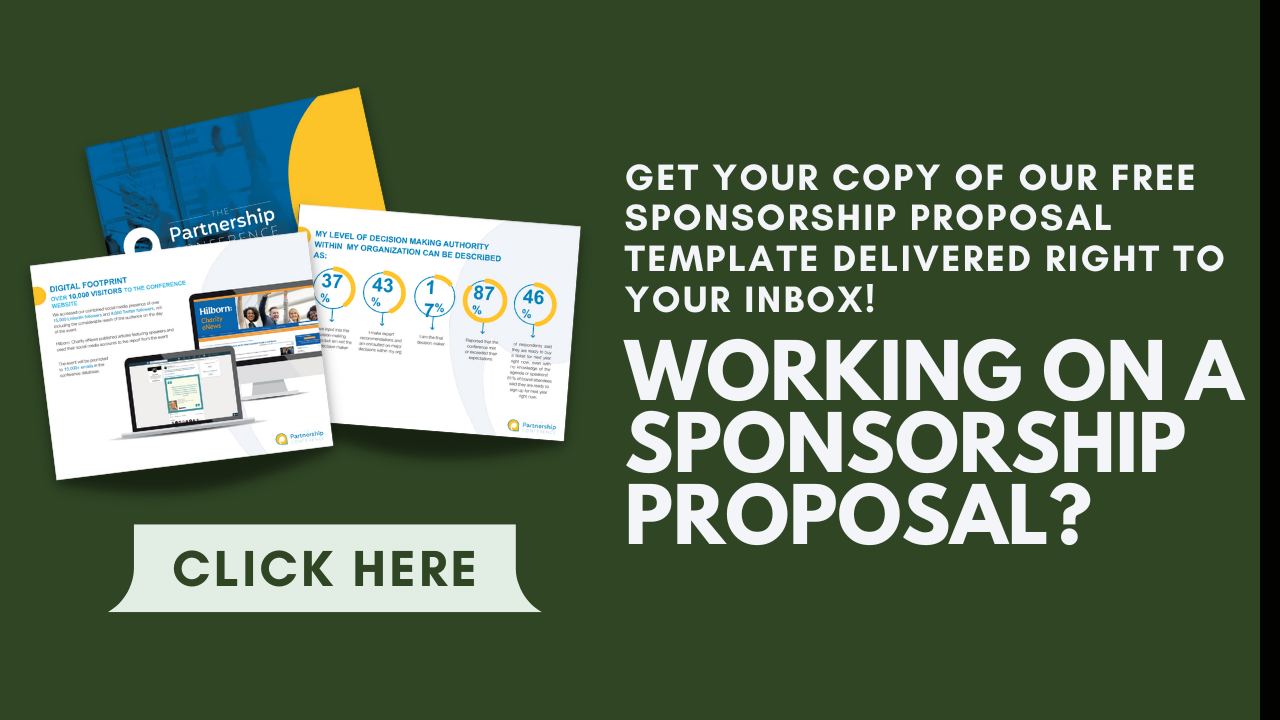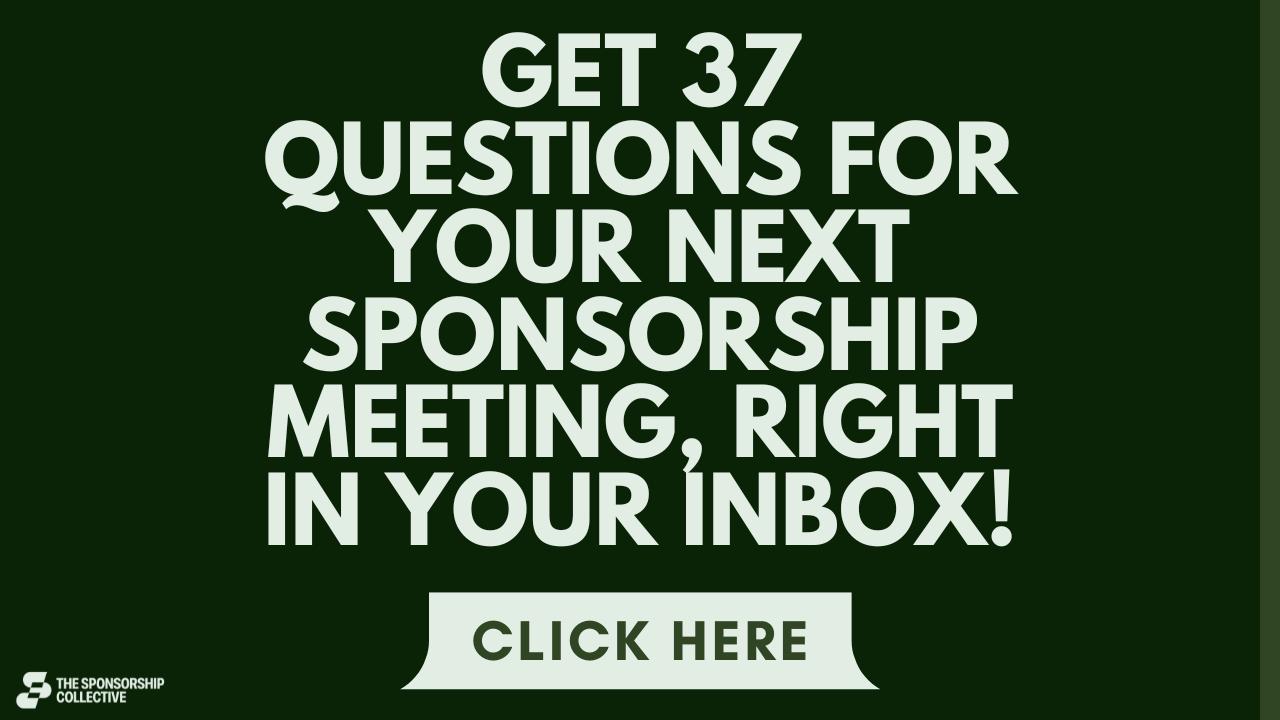Before you dive in, if you are interested in podcast sponsorship, check out these titles in our “sponsorship for podcasters” series:
- Resource Page for Podcast and Influencer Sponsorship
- The Complete Guide to Podcast Sponsorship
- How to Market Your Podcast
- Cold Email Strategies for Podcast Sponsorship
- How Much Should You Charge for Podcast Sponsorship
With almost five billion social media users in 2023, it suffices to say any potential sponsor you’re interested in is on there. Everyone is on social media, making it a lucrative tool in your search for podcast sponsorship.
However, how you use it matters. How can social media benefit you in seeking podcast sponsors?
Here are some tips for levering social media to attract more sponsors to your podcast:
- Clean up your social presence
- Reach out to your network
- Learn more about your sponsor
- Show off your follower counts
- Share case studies
- Advertise
- Work with influencers
It’s time to harness the power of social media to drive your podcast sponsorship goals. This guide will unpack the above tips so you can begin working with more sponsors and grow your podcast.
8 Tips for Using Social Media to Find Podcast Sponsors
Clean Up Your Social Media Presence
One of the best pieces of advice I can give you as you seek out sponsors is this: sponsors aren’t interested in working with amateurs. They want professional partners.
Do you use your personal social media profiles to post about your podcast? It’s time to stop doing that, as it doesn’t look professional. Create business accounts on Instagram, Facebook, and Twitter.
Yes, your podcast is a business, even if it’s not your full-time or part-time job.
As the host of the show, your name will float around out there in cyberspace (unless you’re using a pseudonym). That’s why I recommend you go through your personal social media accounts with a fine-toothed comb, deleting any photos and comments you think could rub someone the wrong way.
It doesn’t take much to land in hot water these days, and even a post from 10 years ago is fair game, so prune your social media presence until it’s PG.
Reach Out to Your Network
I recommended this strategy in my article about finding event sponsors through social media, but it also comes in handy in your situation.
First-time sponsorship seekers often have no idea where to turn to begin finding sponsors. They have zero sponsorship experience, further complicating matters.
Here’s what I always suggest: ask your audience.
Asking your podcast listeners for sponsorship recommendations on social media will produce a long list of names they’re interested in having affiliated with your show.
Is it feasible for all these companies to be sponsors? Possibly, but you won’t know until you research them. You can use social media for that, as I’ll discuss later on.
For now, write down all the brands your audience recommends you look into. These are your hottest leads, as they’re coming directly from the horse’s mouth, as the old saying goes.
Your audience wouldn’t recommend these brands if they didn’t use or like them. You should especially pay attention to the brands several audience members mention using or enjoying, as those are your hottest leads.
After compiling your list, it’s time to begin researching. Perform basic Google searches for each brand, researching their values and products and services they specialize in. See how involved they are in sponsorships if you can find this information, but don’t sweat it if you can’t.
Based on what you find, you can begin eliminating sponsors from contention, setting others aside for a possible partnership down the line, and sharpening the list of those you want to focus on now.
Showcase How You Interact with Your Audience
Your audience is your greatest asset in sponsorship.
Sponsors want to grow their customer base, but not just with any audience members. They seek customers who fit their target market, such as your audience.
The size of your audience is certainly a factor sponsors will pay attention to, but that’s not all. Can you command an audience? Does your audience care about what you say?
As a podcast host, you must have a level of clout to separate you from your competition. This will cause a sponsor to pay attention, and what better place to showcase that clout than social media?
Begin tracking metrics such as views, shares, likes, and reposts. Screenshot your most popular posts, especially any that go viral. Have several examples of how you interact with your followers, such as comment threads or message responses (respecting the other party’s privacy, of course).
When a sponsor sees you have sway over your audience, they know it bodes well for them. If they participate in your podcast through your assets and activations (and in a format well beyond a commercial during one of your breaks), they should have a captive audience.
Learn More About Your Sponsor
Social media is a great chance to learn about a different side of a company. Businesses tend to post more about philanthropic and charitable endeavors on social media and reveal their human elements with employee spotlights.
This transparency can help you in your research efforts, especially if you’ve come up empty-handed on whether a business is involved in sponsorship.
As suitable as a company might be for your podcast sponsorship, if they’re financially unavailable or strapped for time, you can’t work with them for this project. It helps if you have this information before pinning your sponsorship hopes and dreams on them.
If a company offers sponsorship, social media is the place where they’ll post about the partnership.
You can also dig deeper into a company’s values through their social media and get a preview of their audience makeup. This information can get those creative gears turning as you begin brainstorming assets and activations.
While you can learn a lot about a prospective sponsor through social media, press releases, websites, and news clippings, these media don’t paint the full picture. You must still schedule a discovery session with the prospect.
They’re never going to divulge a drop in sales, a reduction in their audience size, or other business issues on social media. That’s not how companies operate. You can only glean that kind of information through discovery.
It’s great you have loose ideas now, but you’ll tighten them up after the discovery session, as that’s when you’ll understand the full scope of the sponsor’s difficulties.
Show Off Your Follower Counts
Podcast sponsorship is more about numbers than other areas of sponsorship. Sponsors are largely concerned with how many listeners you have, but they’re also curious about your social media following.
After all, the bigger your name, the more listeners your show should have, which makes you a more lucrative partner.
Does that mean every social media account you run must have followers into the millions? No, but you should have a following of several thousand to tens of thousands.
How do you increase your social media presence ahead of seeking podcast sponsorship? Here are some pointers.
- Share valuable content. No one wants to see post after post linking to your latest podcast episode. Valuable content can include videos, articles, infographics, and posts about your show’s topic, niche, or genre. You can share content from other sources if it’s valuable but give credit where it’s due.
- Consider hosting a contest or giveaway exclusively through social media.
- Promote your social media on your podcast, but don’t ram it down people’s throats.
- Use relevant hashtags. It’s tempting to hop on the bandwagon when you see a viral hashtag, but your content will be ignored and possibly reported if you misuse a hashtag by posting irrelevant content.
- Double-check you’re spelling hashtags correctly. One mistype can result in an embarrassing typo that can haunt you for years.
- Create social media content designed to go viral, focusing on your audience.
- Post exclusive content, then promote it during your show. FOMO (fear of missing out, for the uninitiated) is a great emotion to tap into, as it’s a powerful motivator.
- Engage with your growing social media audience, striving to maintain your current followers as you get more.
Share Case Studies
One of my top sponsorship strategies is utilizing case studies. A case study is a written examination of a professional partnership between you and another company or business. It details what their challenges were and how you helped them succeed. It also includes statistics, data, and figures.
I know it sounds a little stiff and formal for podcast hosts, but I’m sure you have a partnership you could write about. It doesn’t have to be one where you received payment; the point is how you helped the other party.
A case study toots your own horn but professionally. It also goes a long way toward proving your value.
Your first order of business is to write a case study if you have none. Supplement it with graphs, charts, and tables so it’s not visually dry. Then, post it on social media. It’s evidence for sponsors to discover what a fantastic partner you are.
Advertise
You can always explore social media advertising. This has a twofold effect, as you can grow your audience and attract new sponsors.
However, that comes with a caveat. Advertising on social media is not free, which you might have already known. For those who don’t, I wanted to make that clear.
You can spend anywhere from $15 to $200 per day on social media advertising depending on the platform you advertise on, the extent of your campaign, and the duration. That’s between $450 and $6,000 per month.
That might be a drop in the bucket to some podcast hosts who have made it big with their shows. For those who only have a podcast for fun or who are still growing, spending large sums for social media advertising might be more difficult.
Check out these tips if you decide to explore this avenue:
- Set a budget you can afford.
- Select the social media platform for your advertising campaign that your audience most prefers.
- Use targeting parameters to reach the desired audience.
- Create ads for mobile and desktop users.
- Determine your ad duration before you begin the campaign.
- Track metrics.
Work with Influencers
For those podcast hosts who prefer not to shell out for paid social media advertising, you can always explore a free avenue that can pay back dividends.
Partnering with an influencer can open many doors for your podcast. You’ll gain access to a new audience, which can increase your followers and listeners. Your name will get out there, you’ll have a spike website traffic, and you could attract sponsors to your podcast.
The influencer you work with can introduce you to parties in their network who could become sponsors, making this a very beneficial partnership.
Influencers don’t work with just anybody. They must get something out of the arrangement too, whether it’s access to your audience, a guest spot on your podcast, or another valuable incentive.
How do you choose a good influencer to partner with? It’s a lot like selecting sponsors, actually! You can’t rely only on name value and follower counts when picking an influencer.
You should choose influencers your audience likes and will gel with. If you select an influencer who’s irrelevant to your target audience, the partnership will flop hard.
You need a full alignment in the type of content, branding, values, the whole nine. It’s a PR nightmare to work with problematic partners, so due diligence is critical.
Some influencers might charge you, which is something to ask about upfront. You should also query about their rates so you can decide if they’re within your price range.
Getting Your Podcast Sponsorship Plans Underway
Social media is an substantial part of building a podcast sponsorship plan. You can attract sponsors by promoting your sizable audience and your positive interactions with them. You should also strive to fill your feed with high-quality, valuable content.
Once you find potential podcast sponsors through social media, the next stage is setting up a discovery meeting. You can drop a line by phone, email, or even DM.
Discovery will fill in all the blanks so you can tailor your assets and activations to your sponsor’s needs. After all, podcast sponsors want more than to be name-dropped during a commercial break!
I can help you build your podcast sponsorship program here at the Sponsorship Collective. Schedule a call with me today to discuss your sponsorship goals.
- About the Author
- Latest Posts
Chris Baylis is the Founder and Editor-in-Chief of The Sponsorship Collective.
After spending several years in the field as a sponsorship professional and consultant, Chris now spends his time working with clients to help them understand their audiences, build activations that sponsors want, apply market values to their assets and build strategies that drive sales.
Read More about Chris Baylis




